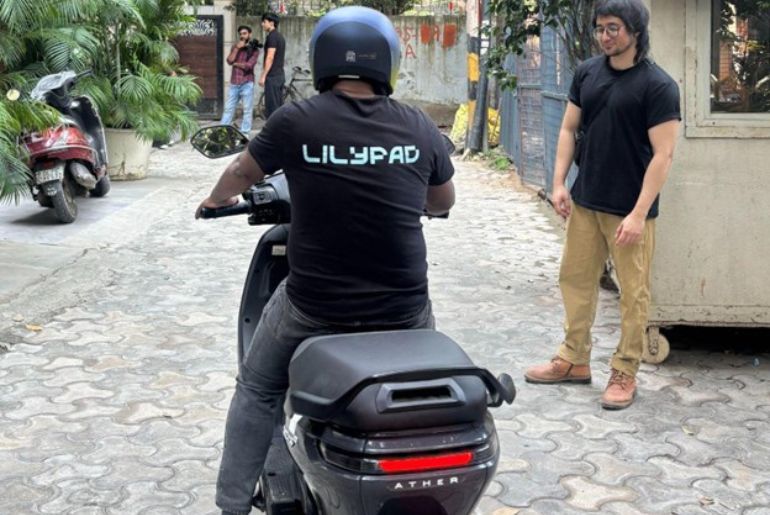Lilypad, a rapidly emerging electric vehicle (EV) platform, is transforming the way Indians experience and purchase electric vehicles through its innovative doorstep Home Demo Service. By merging technology, convenience, and customer trust, the company aims to make EV ownership more accessible and accelerate the adoption of clean mobility across India.
Currently, Lilypad records 12–15 EV sales per month through its online channels. Its fleet of 50 active electric vehicles covers more than 100,000 kilometers every month across the Delhi-NCR region. With a consistent 8–10% month-on-month growth, the platform reflects a growing consumer shift toward sustainable mobility solutions.
“At Lilypad, we believe buying an EV isn’t just a transaction—it’s a mindset shift,” said a company spokesperson. “Our home demo program bridges the gap by bringing the EV experience directly to the customer’s doorstep. By combining accessibility, trust, and convenience, we’re helping accelerate India’s EV adoption one test ride at a time.”
Lilypad’s WATI-powered WhatsApp and web-based booking platform allows customers to schedule a 30-minute doorstep demo with just a few clicks. During the demo, a Lilypad specialist offers a comprehensive hands-on tutorial, safety overview, and a personalized walkthrough of the vehicle’s features—helping customers make confident purchase decisions.
Since its launch, the company has successfully conducted over 100 home demos, reporting three times higher conversion rates compared to traditional in-store visits. This model is proving to be a game-changer in how consumers explore and buy EVs in India.
Looking ahead, Lilypad’s 2026 roadmap focuses on expanding its footprint across Delhi-NCR before moving into Tier-2 and Tier-3 cities. The company aims to build a customer-first, responsible, and scalable ecosystem that supports India’s vision of widespread EV adoption.
By offering convenience-driven experiences and leveraging technology for consumer engagement, Lilypad stands at the forefront of India’s EV retail transformation, ensuring that the future of mobility is not just electric but also personal, accessible, and sustainable.

